Help SAMS Deliver Life-Saving Cancer Care
More than twelve years of conflict in Syria have pushed millions of Syrians into poverty and displacement, while also decreasing their access to primary and secondary health services, including cancer care.
Syrian American Medical Society Foundation
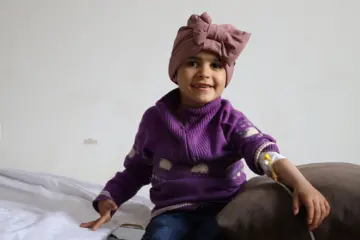
More than twelve years of conflict in Syria have pushed millions of Syrians into poverty and displacement, while also decreasing their access to primary and secondary health services, including cancer care.
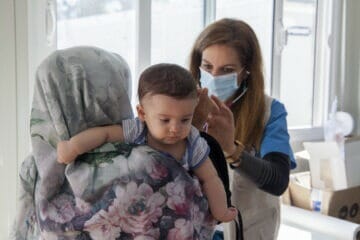
On International Women's Day, please join us in celebrating women around the world by championing their voices on this special day and beyond.
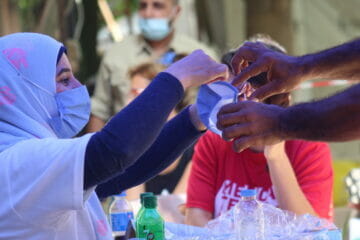
The massive explosion that rocked Beirut on August 4, 2020 left at least 200 people dead, injured over 6,000 and plunged 300,000 into homelessness virtually overnight.
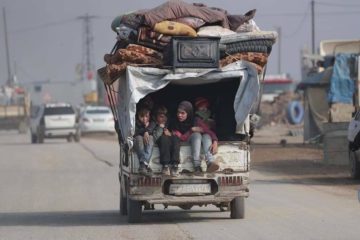
The humanitarian situation in northwest Syria is going from bad to worse as attacks on civilians and civilian infrastructure intensify.
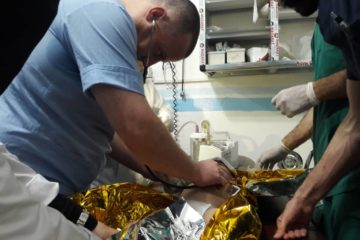
On July 22, a marketplace and other residential areas in Ma’arat al-Nu’man in southern Idlib province were subjected to intense air strikes, killing 54 civilians, and injuring many more.
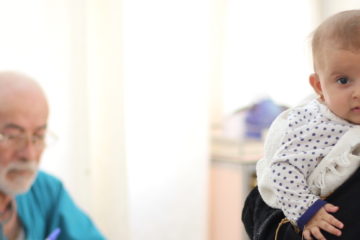
SAMS continues to closely monitor the humanitarian and medical situation in Idlib, a province in northern Syria and home to nearly 3 million Syrians, including 1 million children and half of whom have been displaced from other areas in Syria.
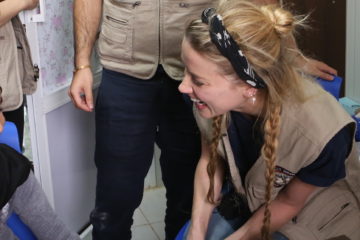
In April 2018, actor and activist Amber Heard joined SAMS on a medical mission to Jordan. During the trip, Amber met Weam, 12.
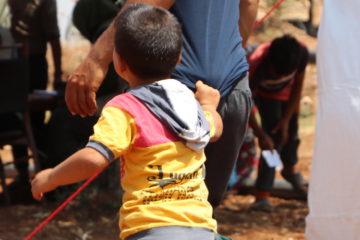
Since the escalation of attacks on Dara’a governorate on June 19, 2018, more than 500 civilians have been injured and at least 350,000 Syrians have fled their homes, seeking safety at Syria's borders.
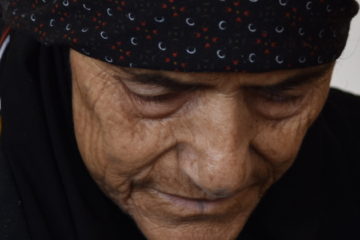
For refugees, risk factors that worsen a kidney condition include a lack of dialysis supplies, lack of adequate nutrition, and toxic stress. Because of the high cost of treatment for dialysis patients, many refugees cannot afford the treatment and many have lost their lives.
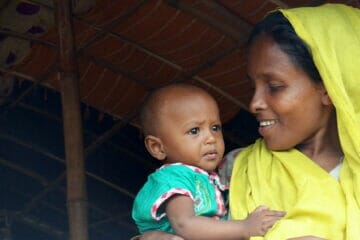
In 2017, more than half a million Rohingya refugees have fled persecution in Myanmar, seeking refuge in makeshift camps in Bangladesh.
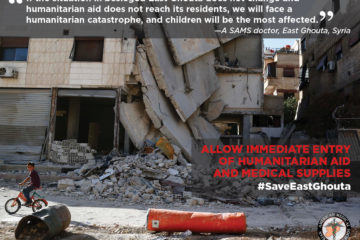
The situation in East Ghouta is extremely dire. Currently, nearly 400,000 civilians are besieged in the area, including more than 130,000 children.
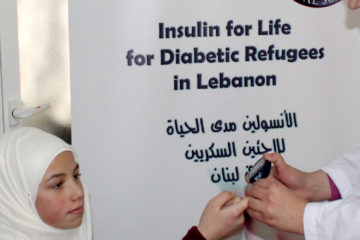
Almost 1 out of 10 Syrians has diabetes. Of these, approximately half cannot manage their condition with diet alone and require daily doses of insulin and other medicines.